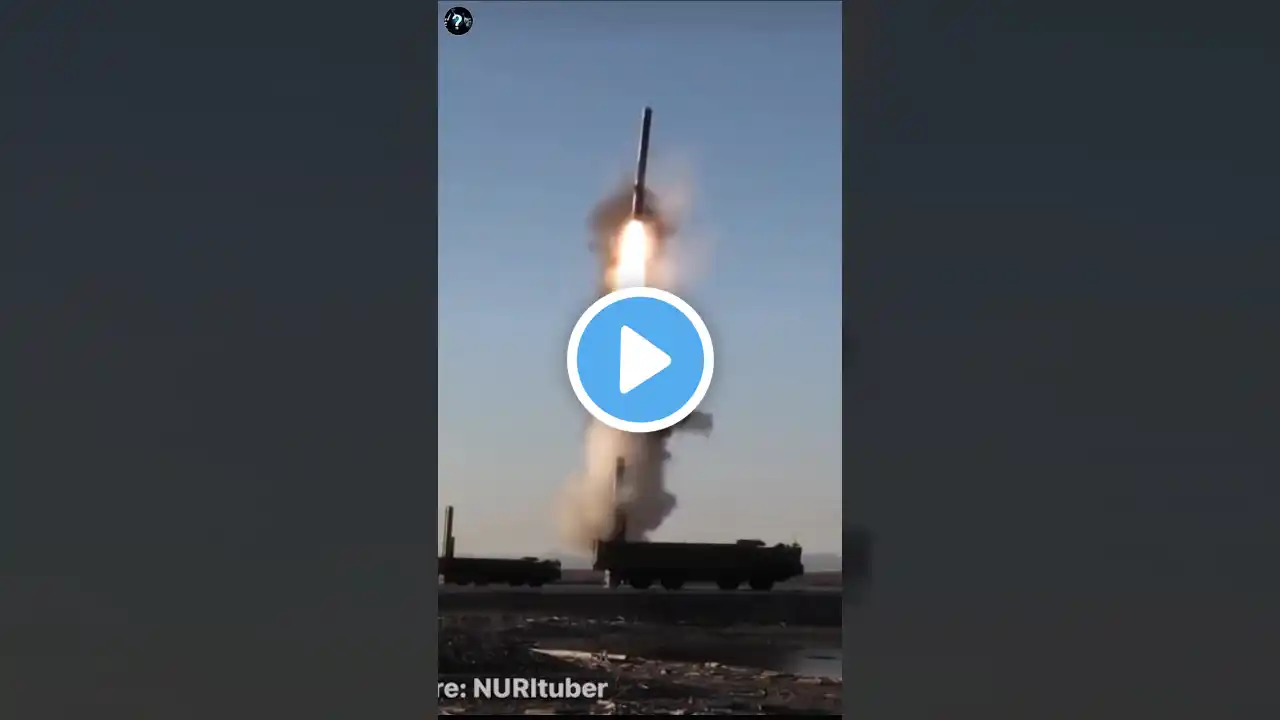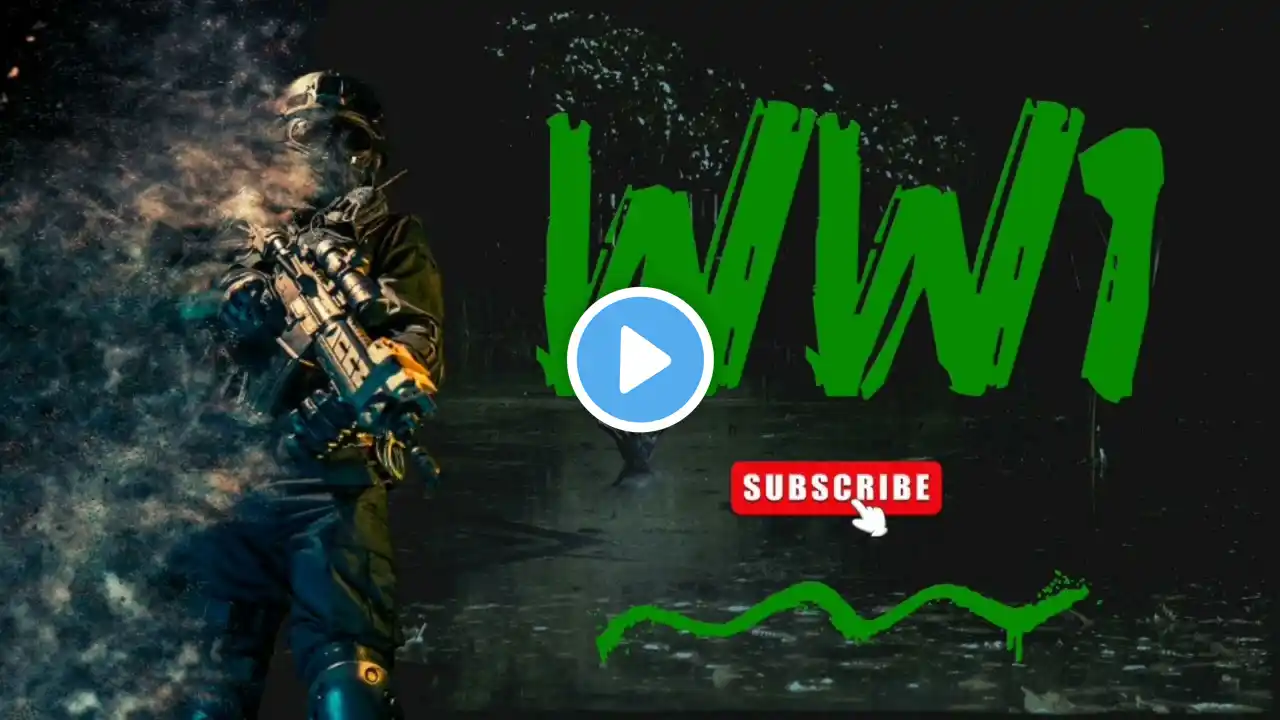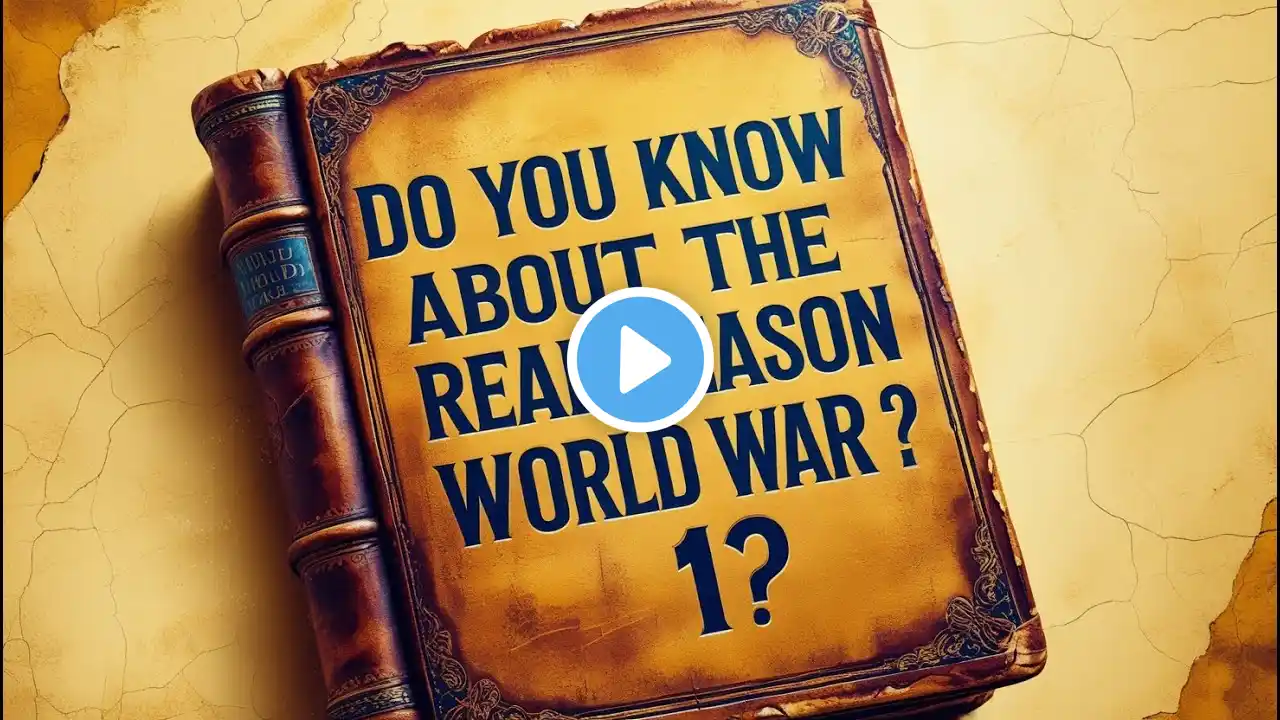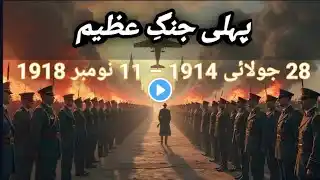
WHY WORLD WAR 1 HAPPENED |MAIN CAUSES OF WORLD WAR 1|THE REAL REASON|INFORMATIVE VIDEOS
The outbreak of World War I was the result of a combination of long-term structural factors, such as militarism, alliances, imperialism, and nationalism, as well as immediate triggers, particularly the assassination of Archduke Franz Ferdinand. Once the war started, the intricate system of alliances and the aggressive military planning meant that once one nation was drawn in, many others followed quickly. This rapid escalation, combined with entrenched rivalries and competition, turned a regional conflict into a world war. Nationalism: National pride and the desire for political independence fueled tensions between different ethnic groups and nations, particularly in regions like the Balkans. Slavic nationalism, for example, led to tensions between Austria-Hungary and Serbia. Imperialism: European powers were competing for colonies and global dominance. This created rivalries, particularly in Africa and Asia, as countries sought to expand their empires. Militarism: European nations had been building up their military forces in the years leading up to the war. The belief in the necessity of a strong military to maintain national security led to an arms race, especially between Germany and Britain. Alliance Systems: A network of military alliances developed in Europe, which meant that any localized conflict could trigger a larger war. The two main alliances were the Triple Entente (France, Russia, and Britain) and the Triple Alliance (Germany, Austria-Hungary, and Italy). These alliances were meant to deter aggression but ultimately contributed to the war's escalation. The Assassination of Archduke Franz Ferdinand: The immediate spark for World War I was the assassination of Archduke Franz Ferdinand of Austria-Hungary in Sarajevo by a Serbian nationalist on June 28, 1914. This assassination set off a chain reaction, as Austria-Hungary, with support from Germany, declared war on Serbia, which was allied with Russia. This brought in the other European powers due to the system of alliances. Failure of Diplomacy: Diplomatic efforts to resolve the crisis following the assassination were ineffective. Instead of de-escalating tensions, countries became more entrenched in their positions, leading to full-scale mobilization and war. @DhruvRatheeVlogs @dhruvrathee


















